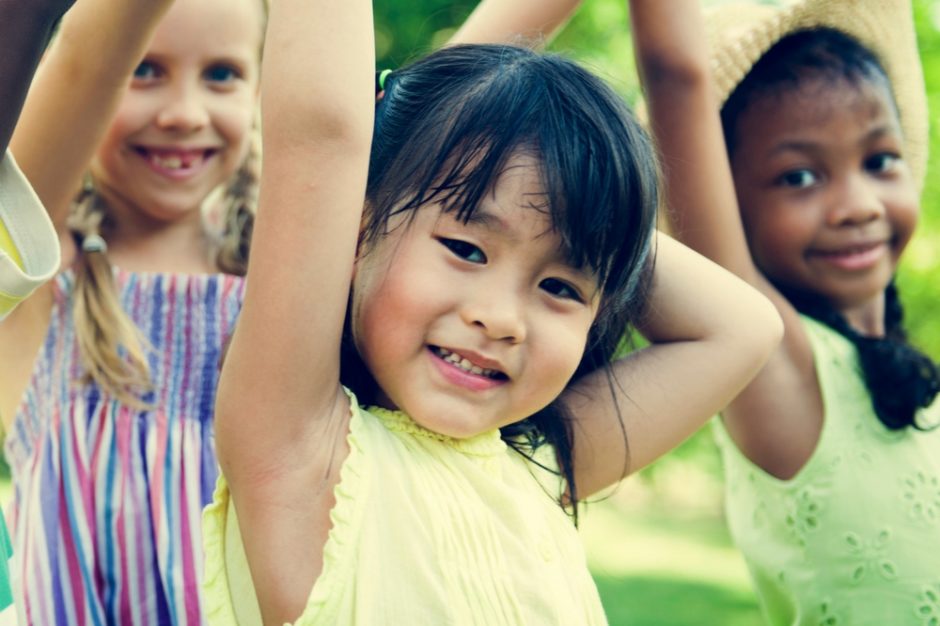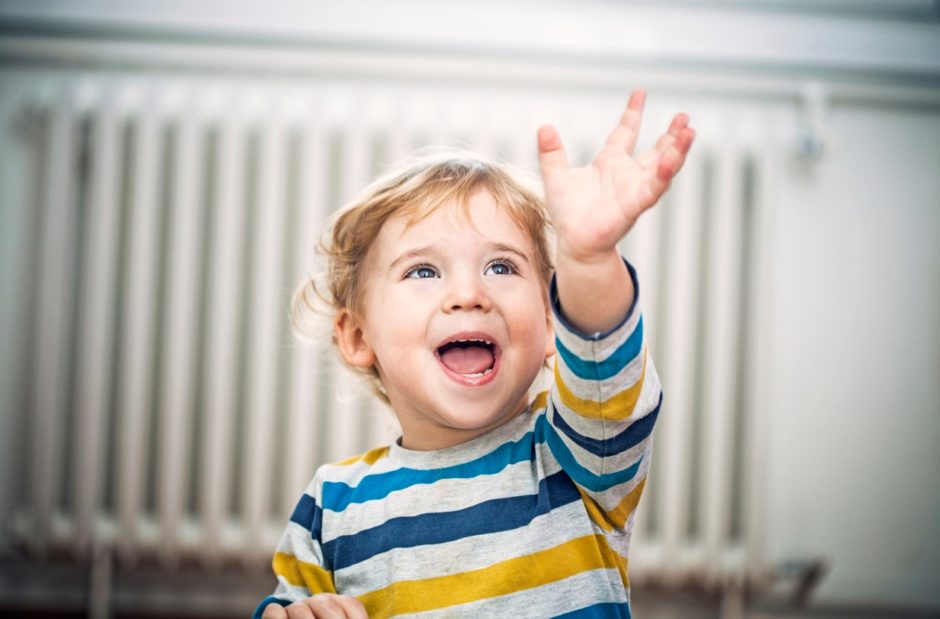DO Social has been designed to assist children to understand and manage their feelings as well as identify and respond to the feelings of others.
The DO Social Program encourages co-operative play, cultural awareness and builds confidence for children to explore new challenges, while guiding them to make positive choices and assisting them to reach their full potential.
Milestones Covered in DO Social Programs
Nursery & Toddlers
- Building safe, secure attachments to Educators
- Developing trust
- Understanding routine
- Crying, smiling and responding to others
Senior Toddlers
- Developing independence and autonomy
- Learning how to join the group
- Awareness of other cultures
Pre-Kindy & Kindy
- Developing an understanding of own feelings
- Developing an understanding that actions have consequences
- Showing empathy with others
- Respecting others’ space and possessions
- Wanting to be friends
- Engaging in co-operative play
- Conflict resolution
- Awareness of and respect for other cultures
How the DO Social Program is Implemented
Within a supportive environment, children are assisted to make the transition from home to school by implementing predictable routines and also fostering specific skills that they will need when they enter the school environment.

The DO Social Program encourages children to find their own unique interests, and cultural diversity is addressed in a positive manner. This program also supports the relationships that children build with each other by providing opportunities for interacting and bonding. Children are also encouraged to embrace leadership and to set an example for their peers.
Scaffolding learning makes it possible for children to learn at their own pace, by gradually introducing the next level of the challenge. Children’s ideas and initiatives are supported so that each lesson is shaped by the children themselves.

As part of the DO Social Program, it is accepted that all children’s emotions are normal. Children are allowed to comment on their feelings throughout the day, and Educators help them to label emotions and feelings – while assisting them to acknowledge the feelings of others.
Day One prides itself on providing safe and supportive environments for children to grow into curious and confident learners. Empathy is fostered through social interaction and through encouraging children to work with each other to solve problems. A multi-step approach is taken to conflict, and clear expectations are set within the classroom to give children a sense of security.
Examples of DO Social Activities that you will see reflected in daily observations and learning stories
Nursery & Toddlers
- Playing ‘Sensory Surprise’
- Exploring their environment
- Playing on their own
- Building an independent self identity
Senior Toddlers
- Going shopping
- Surprise bags
- What do you see?
- Playing Sandy Boy / Sandy Girl
- Playing ‘Look at Me’
- Exploring senses
- Joining celebrations
- Joining cultural events
- Parroting
- Learning to share
- Playing alongside others
Pre-Kindy and Kindy
- Room rules
- Feeling words
- What does my face say?
- Exploring features
- Knowing my friends
- Building resilience
- Responding to my friends
- Celebrating my family
- Family roles and relationships
- Sharing and turn taking
- Conflict resolution
- Joining celebrations
- Joining cultural events
Most importantly, DO Social is ultimately about preparing your child for school – giving them the skills they need to transition smoothly.
School readiness is not just about academics, it’s about teaching children how to interact within a social environment. DO Social aims to build your child’s self esteem and provide leadership skills so that they can enter their school life with confidence. It also teaches children how to work within a team, and how to respect their fellow classmates.
Register your interest today and start the process to secure your child a place at Day One.





